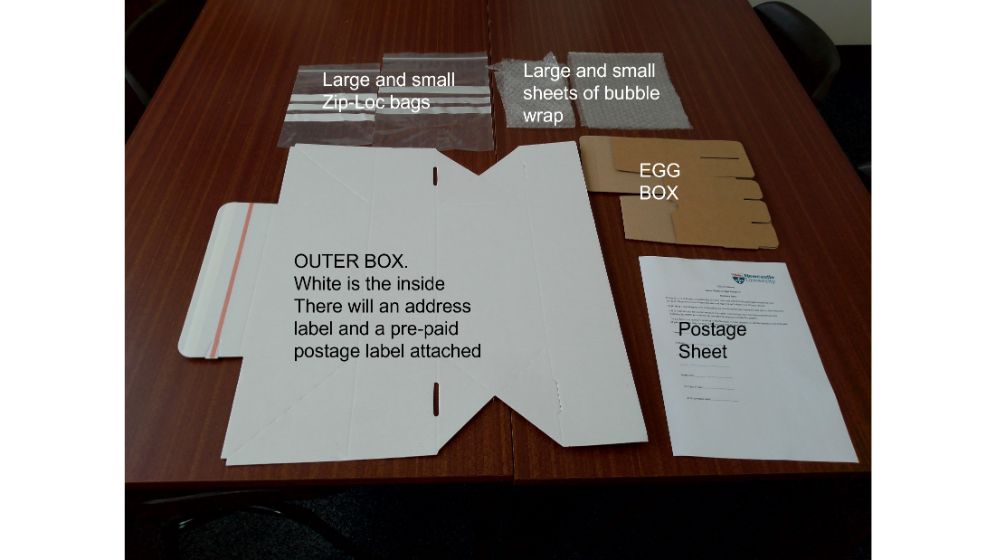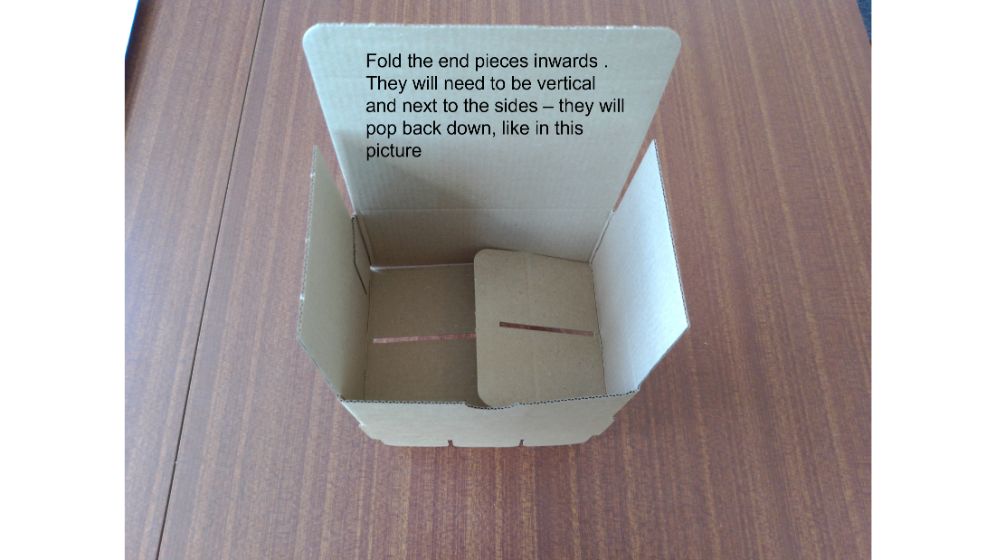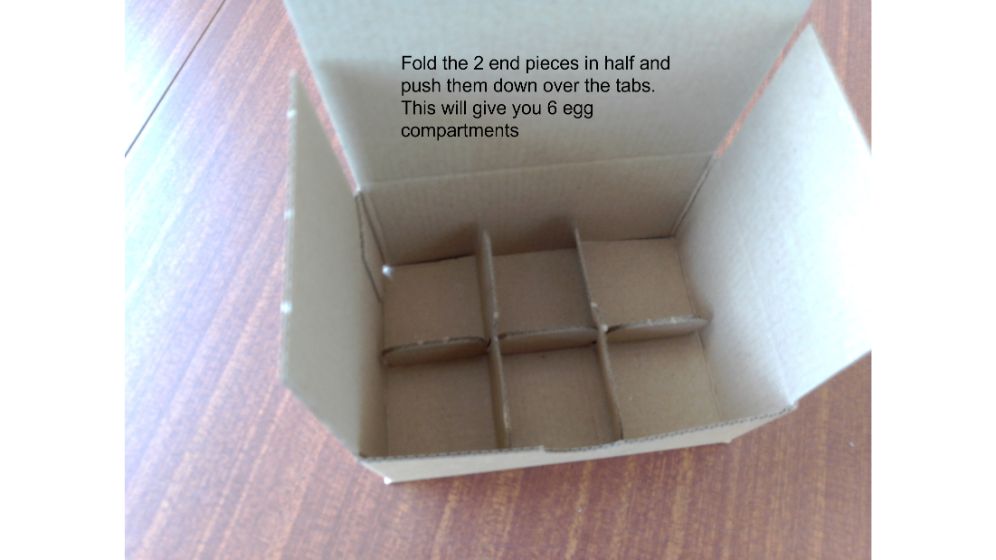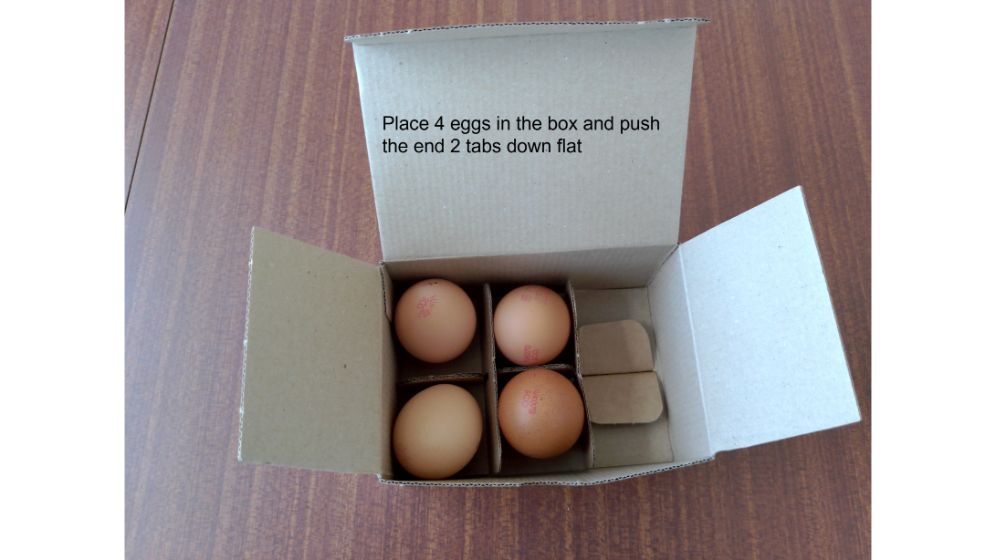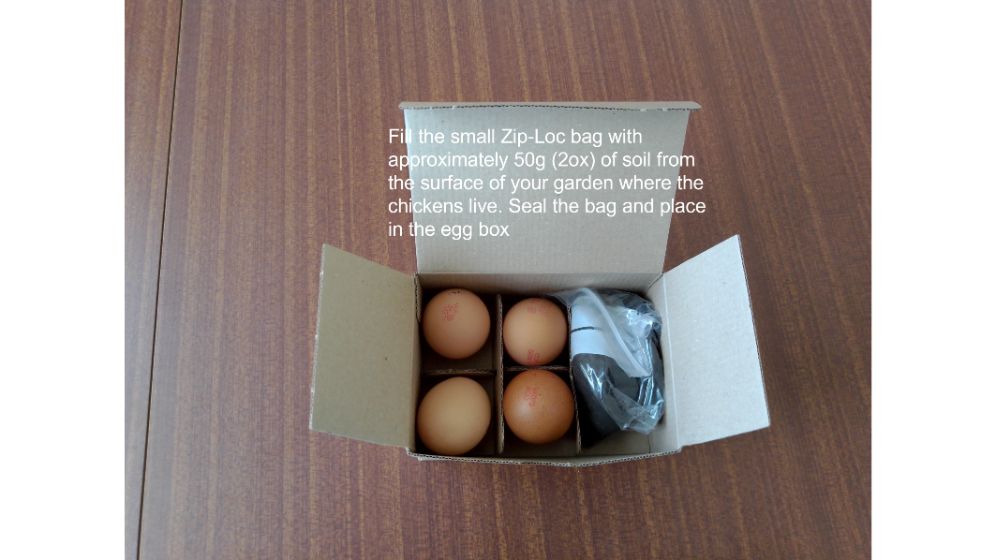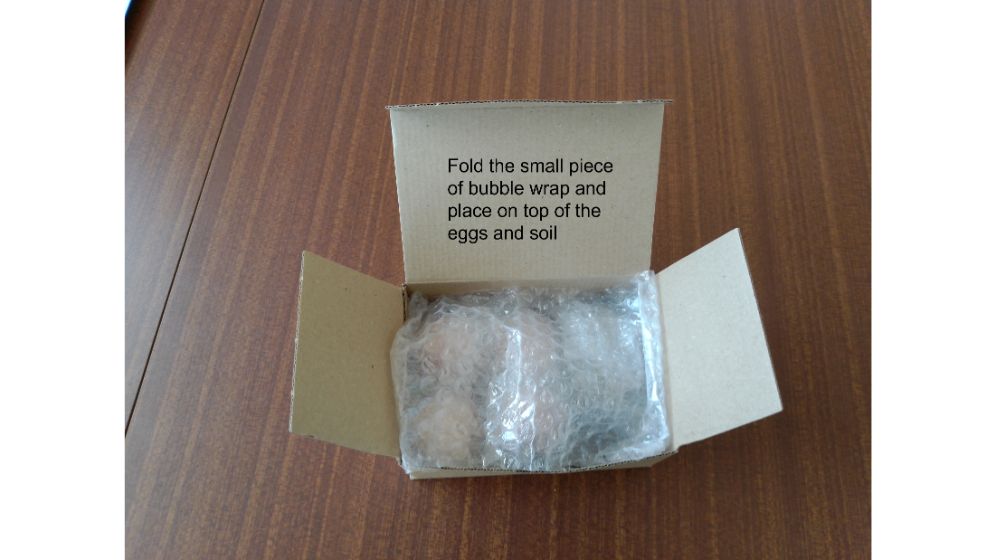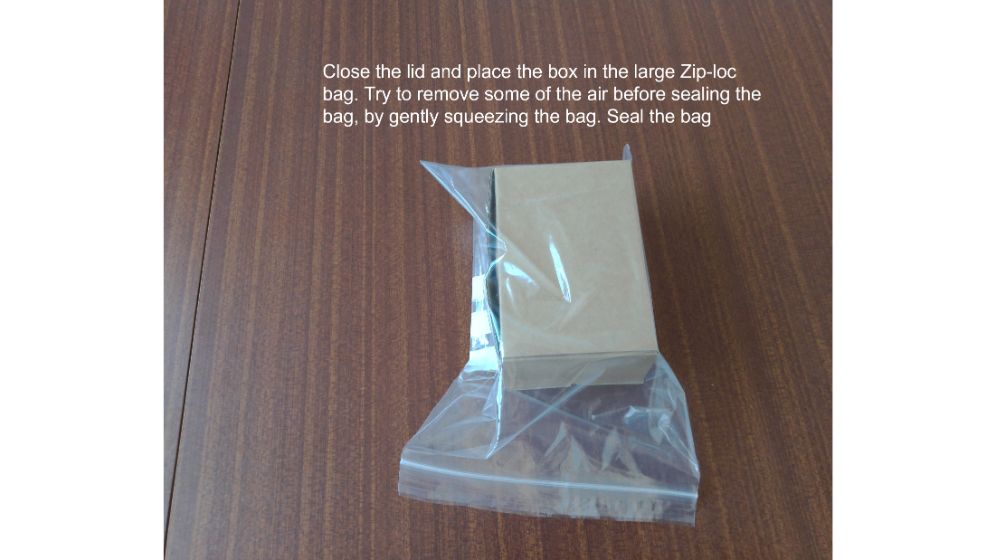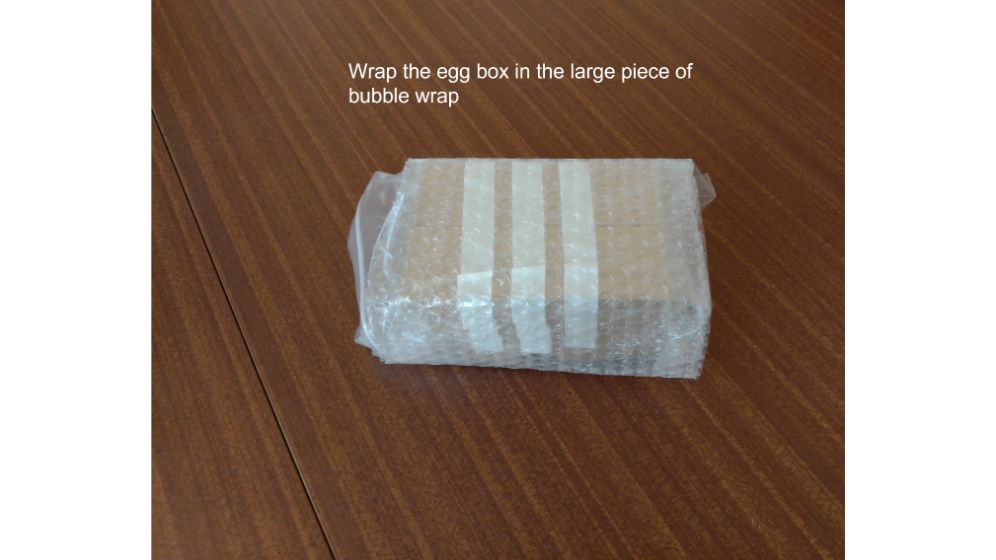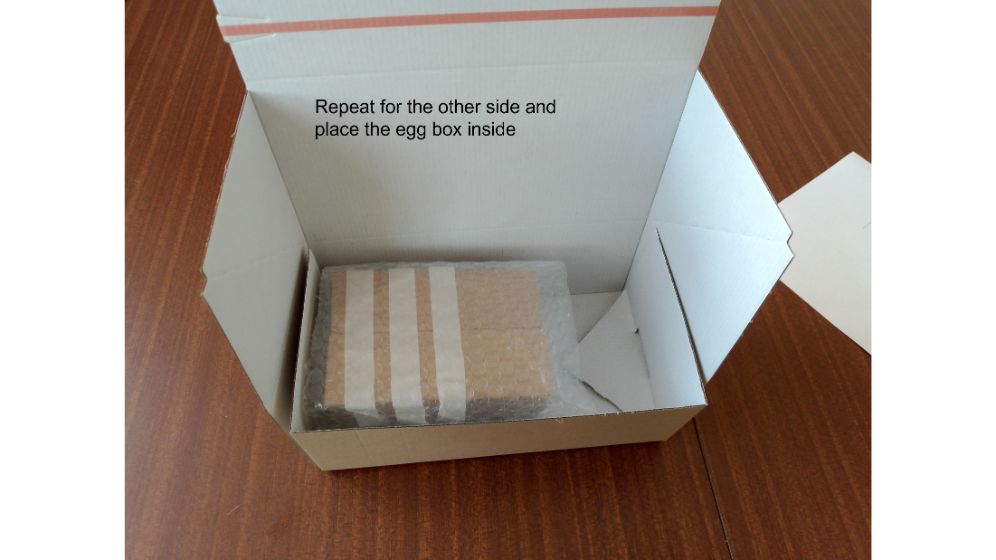Trace Metals in Domestically Produced Eggs
Does the environment impact the quality of domestic eggs?
All foodstuffs absorb chemicals from the environment where they grow. These chemicals are either from human activities or naturally occurring. Trace metals are naturally occurring in the environment and are common in all soils. At low levels, they can be essential nutrients for plants and animals, such as iron, manganese, zinc, and selenium. At higher levels some of these metals can be harmful to both human and animal health, such as lead, arsenic, and chromium. These can cause chronic illnesses.
They all come naturally from the earth, but human activity has made some of them more common. For example, lead has been mined for thousands of years. It has very useful properties having been used to make pipes, flashing on roofs, and as a component in paint. Lead however is toxic in high levels and has been removed from most uses. In 1992 it was removed from paint and in 1999 it was removed as an ingredient in petrol, where it reduced engine wear.
However, because lead is an element it is not broken down in the environment and so remains in the soil where it can be taken up by plants and by animals that forage in the soil.
Commercially produced eggs, including free range, have extremely low levels of trace metals but there is almost no research on the levels of trace metals in domestically produced eggs.
Do you keep domestic chickens?
As a keeper of domestic chickens we would like your help in understanding the levels of trace metals in the eggs your chickens produce. Please take time to read the following information carefully. If any part is unclear or if you would like more information, please ask us (contact details below).
Frequently Asked Questions
Do I have to take part?
Taking part in this research is entirely voluntary. By completing the online questionnaire and sending in soil and egg samples you are agreeing to take part in the research.
What do I have to do?
You will be asked to complete an online questionnaire which will take approximately 5 -10 minutes and send to us 4 eggs and a small sample of the soil from the area where your chickens forage. We will send out a pack to you with instructions and the materials you need. You can then send them back to use using the prepaid box.
Possible disadvantages and risks of taking part?
There are no foreseeable risks in participating in this questionnaire. All participants will remain anonymous and protected by GDPR.
What are the possible benefits of taking part?
It is hoped that this work will help to identify if there is a link between the chemical composition of the soil and the quantity of trace metals in the eggs. This will enable improvements in chicken welfare and egg quality. We will send you the results from your soil and eggs with supporting information to explain the results.
What information will be collected and who will have access to the information collected?
Information regarding how you keep your chickens will be collected and the soil and eggs will be analysed for trace metal content. This will help us to decide what factors influence the levels of trace metals in the eggs. Researchers from the project and project collaborators (see below) will have access to anonymised data. You will be asked to provide your name and contact email address. This personal information will be securely stored as per Newcastle University’s General Data Protection Regulation (GDPR) policy (See below).
Who is organising/funding the research?
This research is funded through a PhD studentship
Has the study received ethical approval?
This questionnaire has been approved by Newcastle University’s Ethics Committee. Ref: 33634/2023
What if there is a problem?
If you are concerned about any aspect of the questionnaire, please contact the researchers (contact details below), who will do their best to answer your question.
Confidentiality and Data Protection
All the information that we collect during the research will be kept strictly confidential. If you choose to participate in the study, your details will be held only to contact you in the future, all data will be anonymised. The information you provide will be written up as part of publications to the wider scientific community, the location of your results is important but will be limited to the 1st 3 digits of your postcode. No names and addresses will be published or accessible to researchers. You will not be identified in any of the reports or as a result of publishing the data.
The below information applies to the disclosure of a name and telephone number.
Newcastle University will be using information from you in order to undertake this research study and will act as the data controller for this study. This means that Newcastle University is responsible for looking after your information and using it properly. When we use personally identifiable information from people who have agreed to take part in research, we ensure that it is in the public interest. Your rights to access, change or move your information are limited, as Newcastle University needs to manage your information in specific ways for the research to be reliable and accurate. If you withdraw from the study, Newcastle University will keep the information about you that has already been obtained. To safeguard your rights, the minimum personally identifiable information will be used. You can find out more about how Newcastle University uses your information at https://www.ncl.ac.uk/data.protection/dataprotectionpolicy/privacynotice/ and/or by contacting Newcastle University’s Data Protection Officer (rec-man@ncl.ac.uk).
We will use your name and contact details to contact you about the research study. Individuals at Newcastle University may look at your research data to check the accuracy of the research study. The only individuals at Newcastle University who will have access to information that identifies you will be individuals who need to contact you to follow up on your survey response or audit the data collection process.
Thank you very much for taking the time to read through this information.

